News Archive
Opinion
-
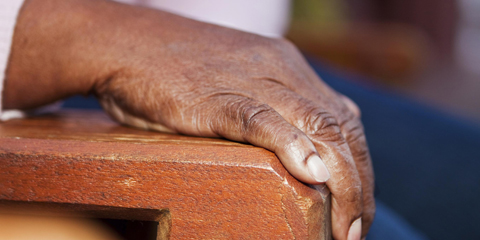
Former model and restaurateur B. Smith is a likely representation of life with Alzheimer’s disease. Beyond the gasps over Smith’s home life — she lives with her husband and his live-in girlfriend — her situation points to real-world challenges faced by black families caring for loved ones who have this life-altering condition.
-

Taking a break from eating (fasting) periodically throughout the week (intermittent) has become a popular weight loss technique among men and women. Many individuals choose intermittent fasting as a weight loss technique without fully understanding the risks.
There is a robust body of research studying the effects of intermittent fasting in humans. Intermittent fasting is thought to work by resetting the body’s metabolic system, a process which occurs in the liver when the body’s source of energy shifts from glucose utilization to free fatty acids and ketones.
-
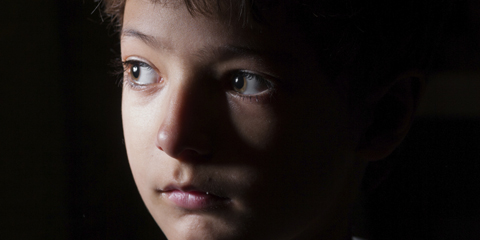
An adolescent experiences the death of his mother after a lengthy illness.
When I ask what services he would like to receive from the school, he initially says he didn’t expect special treatment, would be embarrassed by counseling from the school mental health staff and wouldn’t feel comfortable if many of his teachers asked to talk to him about his grief.
At the same time, the student felt as though the school should somehow take his situation into account.
-
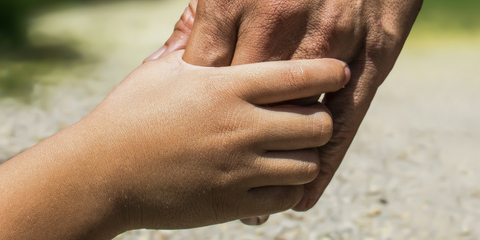
Clinical Assistant Professor Theresa Granger, PhD, MN, ARNP, FNP, NP-C, breaks down the unintended health consequences of separating and segregating immigrant families from a nurse practitioner’s perspective.
-

Even with the implementation of the Affordable Care Act (ACA), many Americans remain uninsured or underinsured. The ACA's goals were to make health care insurance more affordable and accessible, to expand the Medicaid program and to support models designed to lower the costs of health care.
-
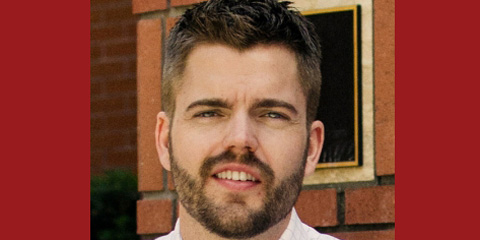
Jeremy Goldbach is director of the USC LGBT Health Equity Initiative at the University of Southern California Suzanne Dworak-Peck School of Social Work. The initiative leads scientific inquiry into the physical, emotional and social health of LGBT youth, adults and families, and guides best practices for achieving health equity for this population.
-

Ron Astor, the Lenore Stein-Wood and William S. Wood Professor of School Behavioral Health, and the USC Suzanne Dworak-Peck School of Social Work join this Interdisciplinary Group on Preventing School and Community Violence in the following call to action:
School shootings and widespread community gun violence are far greater in the United States than other nations. America cannot be great and realize its promise of life, liberty, and the pursuit of happiness if our children are not safe from gun violence.
-
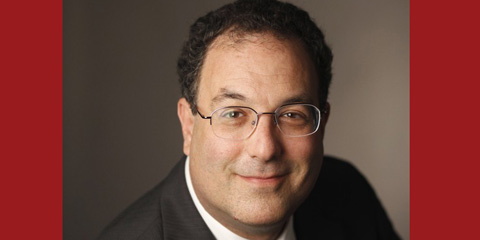
Some argue for stricter gun control policies, others call for more social and emotional learning, but it's important not to let the debate get in the way of action. Here are seven interrelated ideas that can move our country forward toward actual solutions that reduce school shootings.
1. Do not wait for an FBI response alone. Find ways to better listen to students and teachers who are aware of threats
-
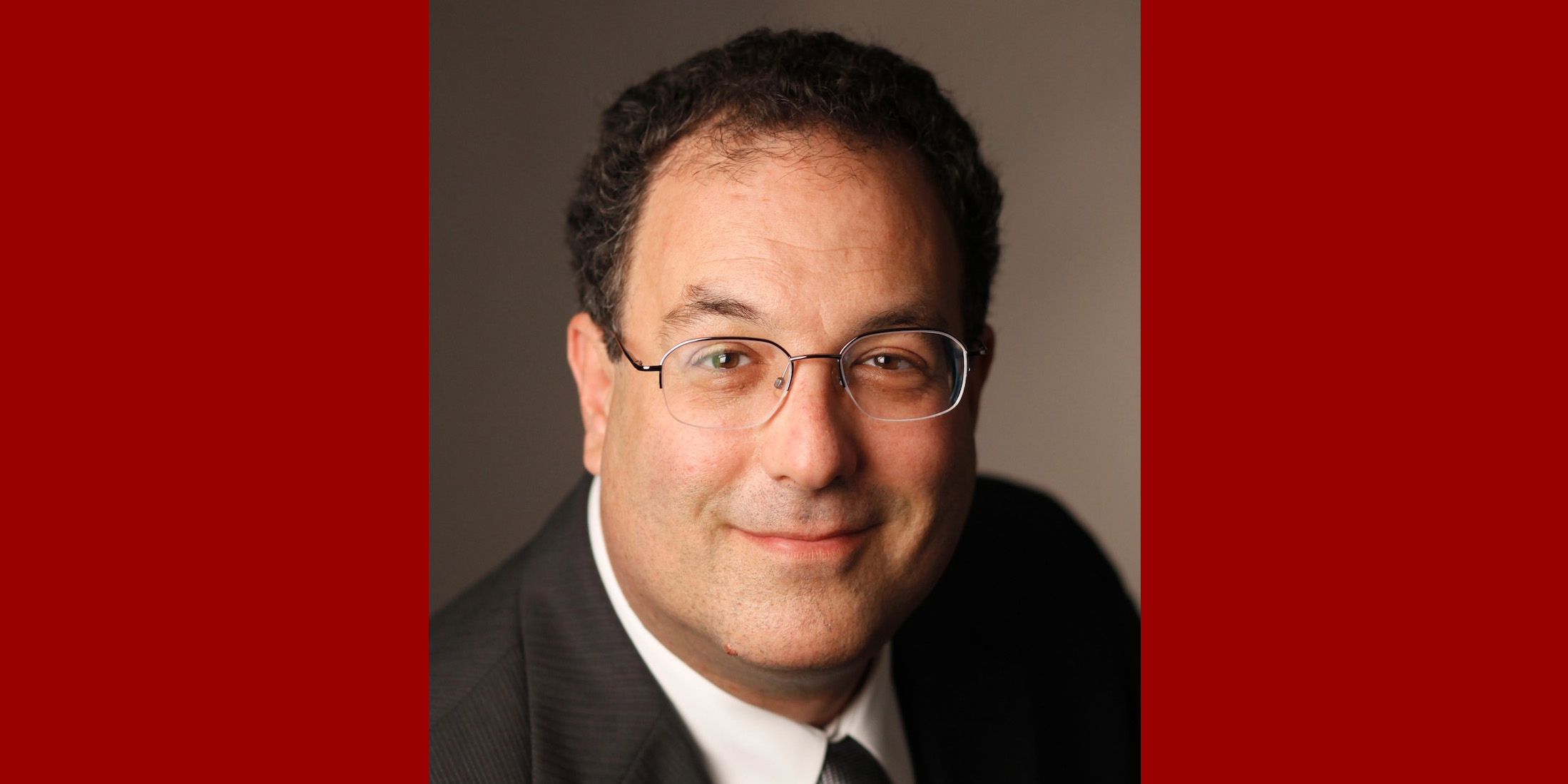
I don’t start fights, but if I get punched first, I will punch back harder to defend myself.
If someone calls me names, I’ll verbally humiliate him in public.
The whole world is against me. Everyone picks on me more than others—the world is not fair to me. No one will respect me if I don’t get them back.
-
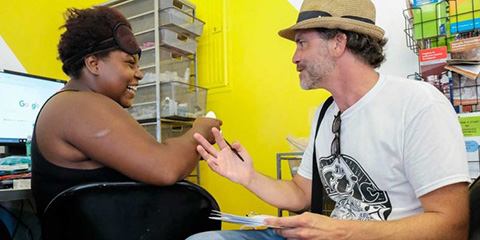
At USC, we have created a research center, The USC Center for AI in Society (CAIS), that offers a radical shift in perspective. Our center is founded on the idea that AI can be used to improve society and fight social injustice. From our perspective, the vast majority of the persons who benefit from AI currently are people who live with a certain amount of privilege. Largely, this is due to the fact that much of AI is wrapped up in the high-tech economy.